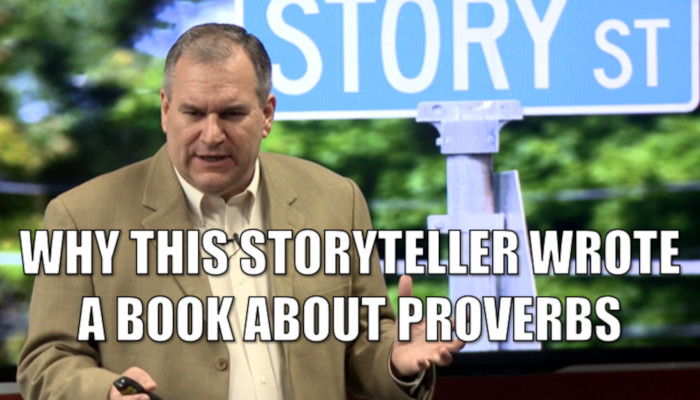
According to a 2016 study by Pew Research, 20% of Americans feel overwhelmed by the deluge of information that they face every day. A 2015 Microsoft® study revealed a side effect to this information overload—that the average human attention span has dropped from 12 to 8 seconds, making it shorter than that of a goldfish. And the problem is getting worse as our social networks ping us incessantly, Russian bots spread fake news, and machine learning gobbles up this content to create even more.
The problem? We are meaning-seeking beings paddling rudderless in a sea of non-contextualized information. We yearn to understand and to be understood. And yet, without an effective way to do so, we make snap judgments, adopt extreme political views, and ultimately pull our communities apart when we should be pulling them together. If we’re to extricate ourselves from this funk, we need less information and more meaning.
But how can we convey our thoughts succinctly? How can we fill this meaning-gap without contributing to the information overload problem? I began finding answers in a short, narrative story-form that humans have used since the invention of language: the proverb.
Proverbs are tiny linguistic devices that convey more meaning than the words used to construct them. They’re policies for making better life decisions, passed from the experienced to the inexperienced. The simplicity of their presentation lies in stark contrast to the complexity of their function. Proverbs are both objective and subjective and contain both premise and conclusion. They are accepted generally yet applied specifically. And since their power of persuasion comes from both logic and emotion, they wrap their inductive and deductive reasoning in literary devices such as symbolism, alliteration, rhyme, and rhythm.
I’ve learned much about these little powerhouses during my two years of collecting and studying them. For example, after running fifteen-hundred English proverbs through linguistic analyses, I found that proverbs are not only short (all 1,500 contain less than 129 characters), but they are also easy to read (4.75 grade reading level). In other words, proverbs are both tweetable and…wait for it…you don’t need to be smarter than a fifth-grader to understand them. Their dual ability to help proverb-speaker’s teach and proverb-listener’s learn is a testament to their immense power. And most importantly, proverbs are universally-human, as they’re found throughout history, across all languages, nationalities, cultures, and creeds. The Proverb Effect is the first book to define a simple and repeatable process to convey one’s deep meaning through self-created proverbs.
Wisdom is gained through experience and shared through proverbs.